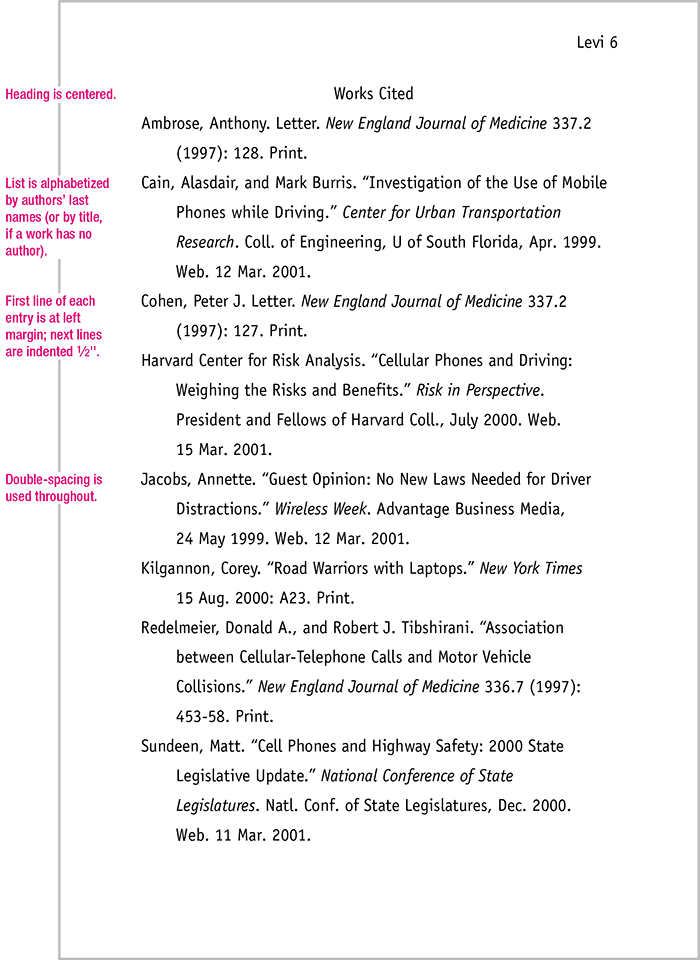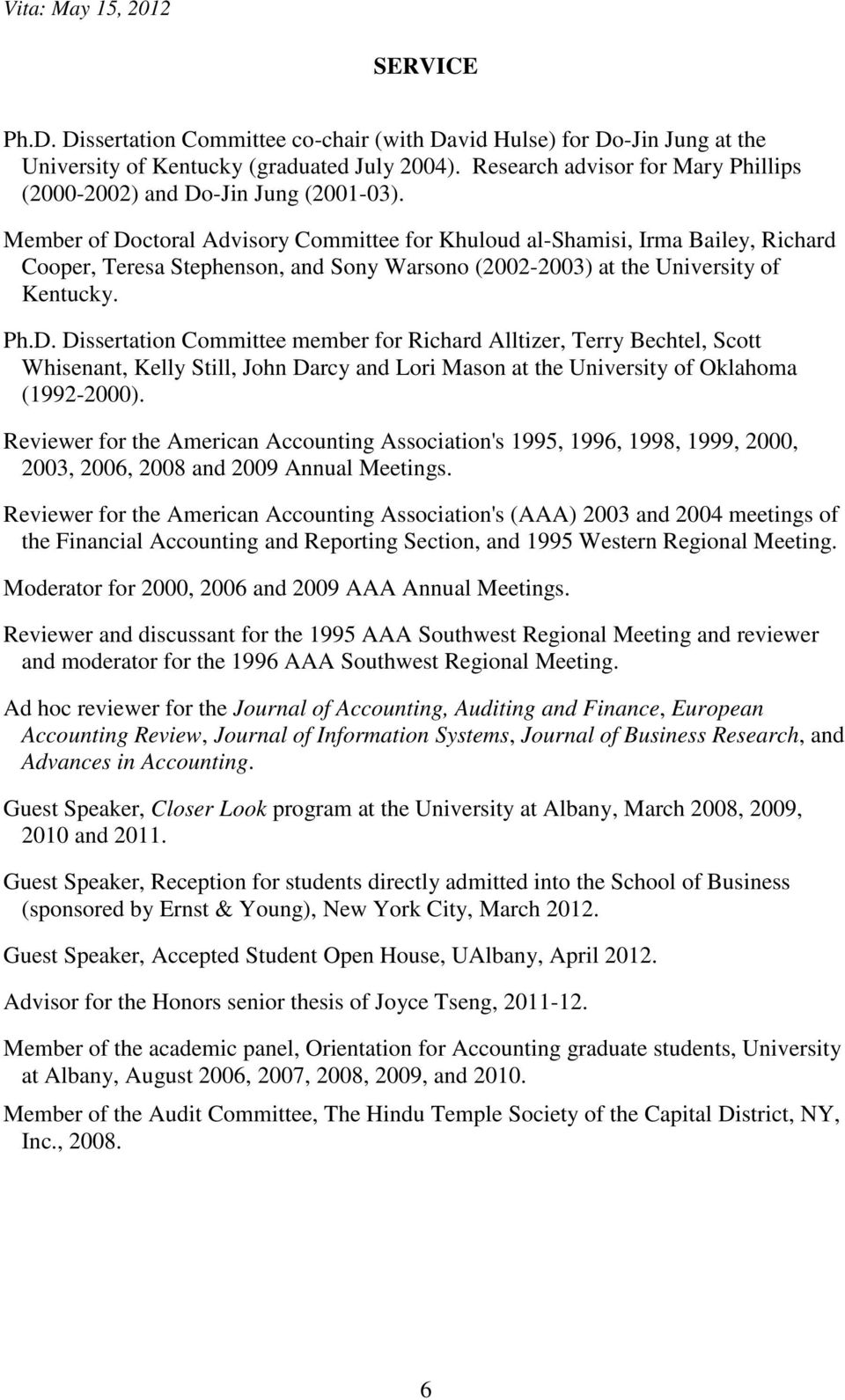Essay on Utilitarianism And Kantian Ethics - 1178 Words.
The Kantian Theory of Ethics hinges upon the concept of the Categorical Imperative, or the process of universalization. Kant describes taking a possible action, a maxim, and testing whether it is morally permissible for a person to act in that manner by seeing if it would be morally permissible for all people in all times to act in that same.
Analysis of Kantian Ethics and critiques In Elements of Pure Practical Reason Book, I, Immanuel Kant, a prominent late Enlightenment Era German philosopher discusses his most famous ethical theory, the “Categorical Imperative.” The “Categorical Imperative” is a proposed universal law in.

Ethics RS (religious studies) revision section covering Kantian ethics, Immanuel Kant, Good Will and Duty, The Categorical Imperative, The Summum Bonum, Three Postulates of Pure Practical Reason, Strengths of Kantian Ethics and Weaknesses of Kantian Ethics.

Overall, I think Kantian ethics has more weaknesses than it does strengths. Though treating humans as ends is a positive idea and encourages the abolision of slavery, in some circumstances humans have to be treated as means to an end for the majority to benefit. For example in embryo research (though it is debatable whether Kant would deem that.

In brief, Kant's imperative specifies the importance of the decision as opposed to the consequences. The focus of this discussion is to argue that Kantian's perspective on ethics is not sufficiently persuasive and that scholars should not rely on the Kantianism to rationalize what constitutes ethical behavior.

Kantian ethics refers to a deontological ethical theory ascribed to the German philosopher Immanuel Kant.The theory, developed as a result of Enlightenment rationalism, is based on the view that the only intrinsically good thing is a good will; an action can only be good if its maxim—the principle behind it—is duty to the moral law.Central to Kant's construction of the moral law is the.

Self-Improvement: An Essay in Kantian Ethics Robert N. Johnson Abstract. Is there any moral obligation to improve oneself, to foster and develop various capacities in oneself? From a broadly Kantian point of view, Self-Improvement defends the view that there is such an obligation, and that it is an obligation that each person owes to him- or herself. The defence addresses a range of arguments.
This collection brings together nine previously published essays on Kant’s ethics, plus one new chapter on Kant’s conception of moral evil, by Mark Timmons. The collection is divided into three parts. In Part I, Interpreting the Categorical Imperative, the author explores the complexities of Kant’s universal law formulation of the Categorical Imperative as well as semantic and.

Before understanding the strengths and weaknesses of Kantian ethics, one must first have thorough understanding of Kantian ethics itself, and how it can be differentiated from other forms of ethics such as Utilitarianism. Important characteristics of Kantian Ethics to keep in mind: Deontological: Kantian ethics is a duty based ethical system.

Comprehensive essay plans for Kantian ethics (for the OCR spec, albeit can be suitable for other exam boards as well).

Many would argue that since Kant's day, the study of the starry heavens has advanced while ethics has stagnated, and in particular that Kant's ethics offers an empty formalism that tells us nothing about how we should live. In Acting on Principle Onora O'Neill shows that Kantian ethics has practical as well as philosophical importance. First.

Immanuel Kant is often considered a key figure in modern philosophy, and his ideas had an influence on the subfields of ethics, ontology, and aesthetics.

By remaining closer to Kant's own view of the aims of ethics, Wood's understanding of Kantian ethics differs from the received 'constructivist' interpretation, especially on such matters as the ground and function of ethical principles, the nature of ethical reasoning and autonomy as the ground of ethics. Wood does not hesitate to criticize and.


